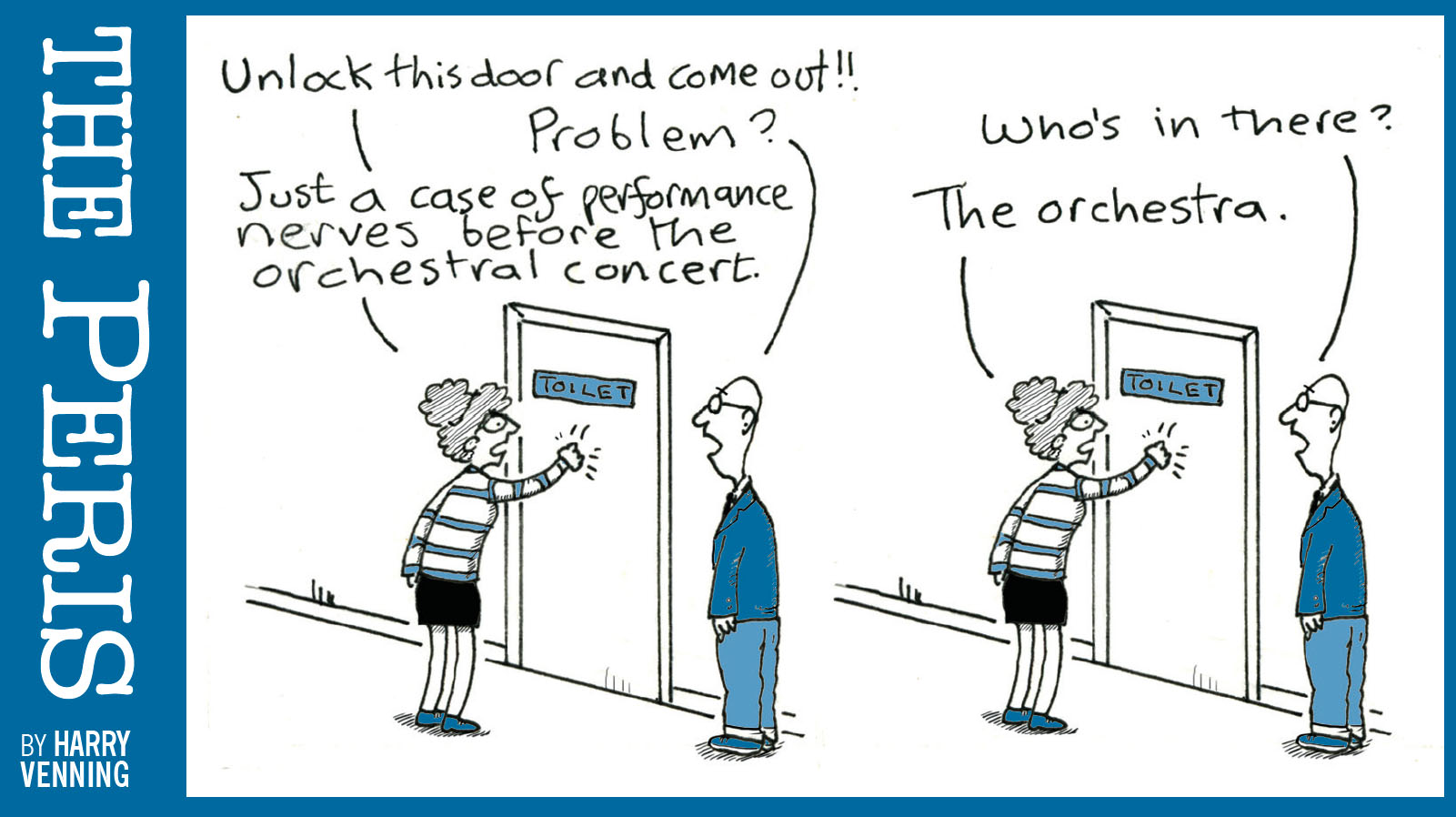
EVERY CHILD A MUSICIAN?
This year, the BBC is celebrating 40 years of its Young Musician competition. All of us past winners take great pride in its legacy, which is a part of the musical heritage of this country. We are grateful to the teachers and schools that allowed us the chance to be a part of it.
However, despite some brilliant schemes, we are all deeply concerned that instrumental music learning is being left to decay in many British schools to the point that it could seriously damage the future of music here and jeopardise British music's hard-won worldwide reputation.
We are launching a campaign for every primary school child to be taught to play an instrument, at no cost to them or their families. It is crucial to restore music's rightful place in children's lives, not only with all the clear social and educational benefits, but showing them the joy of making and sharing music. We are especially concerned that this should be a universal right. This is an opportunity to show the world that we care about music's future and its beneficial impact on our children.
The writer Jeanette Winterson has said: ‘Life has an inside as well as an outside. Playing music is more than recreation; through music children find confidence and happiness unrelated to money or social status. In a world where success is measured by what you can buy, many children feel left out or shut out. Music is inclusive. Music works across culture, across class, across language. It seems to be hard-wired into humans. Music is spontaneous, and with some teaching music can enrich children's lives forever.’
Musical life in the London borough of Newham could be one example, with their excellent Every Child A Musician (Ecam) scheme. The programme gifts all of their primary school children a free instrument to keep and teaches them how to read and play music in weekly lessons. This at no cost to the children or their families.
We believe that every child deserves to enjoy the benefits of Ecam and other excellent schemes, and their widespread adoption would alleviate many of our current concerns about the future of music in this country. There are cost-effective, efficient and inspiring early-level interventions available, and we call upon the governments in Westminster, Edinburgh and Cardiff to join us in making this happen across the whole country.
Nicholas Daniel, Michael Hext, Anna Markland, Emma Johnson, Alan Brind, David Pyatt, Nicola Loud, Freddy Kempf, Natalie Clein, Rafal Zambrzycki-Payne, Adrian Spillett, Guy Johnston, Jennifer Pike, Nicola Benedetti, Mark Simpson, Peter Moore, Lara Melda Ömeroğlu, Laura Van der Heijden, Martin James Bartlett, Sheku Kanneh-Mason
First published in the Observer on 13 May, the day of the BBC Young Musician Grand Final. For more on BBC Young Musician see News, page 10.
FEEDBACK LOOP
I have to agree with Jo Martin's letter on feedback from exam boards: this can be such an important tool, and it is a shame that it can so often be a source of anxiety both for the students who read it, and the teachers who anticipate dealing with the aftermath. As Karen says, encouragement is a vital part of musical development. She fears music exams may have become institutionalised, with a technocratic requirement that ‘remarks reflect marks’. Can't music, where the examiner represents an audience of one, find ways to reflect the joy and accomplishment of any performance, while not compromising its integrity? Penny Jones, London
JESS GILLAM LEADS MASTERCLASSES AT KING EDWARD'S SCHOOL
Jess Gillam, 2016 BBC Young Musician of the Year finalist, visited King Edward's School in Bath recently for a series of workshops and masterclasses with musicians and orchestras from local Bath schools.
The saxophonist worked with Bath Philharmonia to co-host workshops with two local primary school orchestras, before leading a further workshop and masterclass with King Edward's School musicians. The events were organised by Bath Philharmonia and supported by King Edward's, as part of their commitment to making orchestral music accessible to all.
On the same day as the primary school workshops, the KES senior orchestra played alongside Gillam and Bath Philharmonia to create their own composition inspired by a piece by Gavin Bryars. In addition, Gillam led four solo performance masterclasses with KES saxophonists, where she provided technical and performance advice to an audience of KES musicians. She finished her visit by working with the school's saxophone ensemble.
Gillam's visit formed part of the school's partnership programme with Bath Philharmonia, which is now in its fifth year and features a year-long programme of workshops, performances, mentoring opportunities and masterclasses.
King Edward's School's director of music, Rupert Drury, said: ‘We were thrilled to welcome Jess to the school and she's been hugely inspiring to our young musicians. She is the third BBC Young Musician finalist to visit the school, and opportunities such as these do much to develop, encourage and inspire a life-long love of music.’





